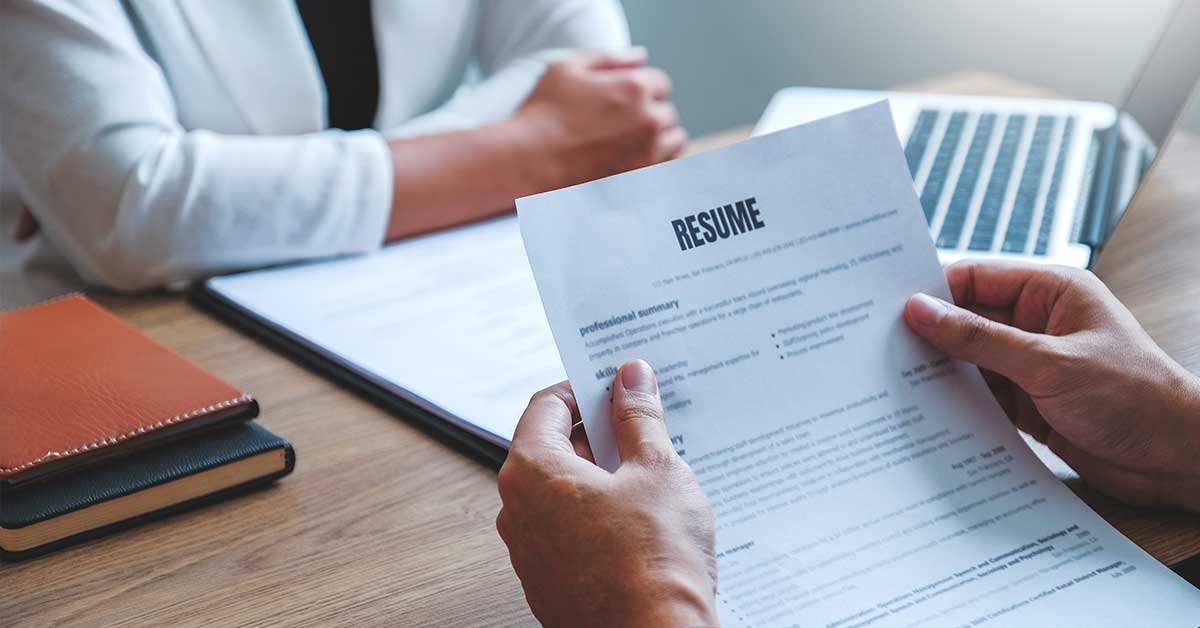No one is immune to the physical, emotional, and even financial side effects of COVID-19. Stress levels are at an all-time high worldwide, as everyone is grappling with the uncertainty of when life will return to normal. But for physicians, staving off feelings of fear, anxiety, and burnout is as critical as saving lives while getting through this pandemic.
Jackson Physician Search president Tony Stajduhar has been checking in via video calls with several of his physician and healthcare administrator friends and most report feeling growing levels of fear and anxiety. Each has isolated themselves in homes separate from their spouses and children in a valiant effort to protect. That means after a long day, suited in full protective gear that is anything but comfortable, they arrive to empty homes. More than ever, physicians could benefit from the support and companionship of their loved ones.
Feelings of burnout were already prevalent among physicians, but now loneliness is settling in as well. The one constant in COVID-19 is that we are continuing to learn as we go. Fortunately, many organizations are trying to get in front of a mental health crisis by putting together resources and daily practices that healthcare providers can use to protect their mental health. Let’s take a look at some coping strategies that you can practice to maintain your emotional and physical well-being during this challenging time.
Prioritize Your Health
Your health and well-being are essential during this global health crisis. The world relies on you to help us get through this unprecedented event, and we’ll also need you for all our health issues that are currently taking a back seat. As you know, the benefits of eating well and partaking in physical activity are both physical and mental. Continue your exercise routine and, if you can get outside and enjoy the spring weather while doing so, that’s all the better. Don’t be afraid to indulge once in a while in some comfort food or a guilty pleasure.
Take Breaks
While taking a break may seem impossible when the flow of patients doesn’t appear to let up, fatigue and stress have a direct impact on performance. The same applies to your nurses and other support staff, making it even more critical to set the example and find time for regular breaks. Stepping away for a few minutes will provide you with an opportunity to pay attention to your mind and body.
Prioritize Sleep
No one needs to explain to you how a lack of, or poor sleep, can affect an individual’s mental and physical well-being. The challenge is that as stress levels increase, sleeping well becomes more difficult. Adding to that, many physicians and healthcare professionals respond to elevated patient loads by working excessively long hours at the expense of their own well-being. Unfortunately, the less time your body spends in sleep, the more compromised your immune system becomes. In a pandemic, that is an especially dangerous combination.
Practice Mindfulness
Mindful meditation is usually practice seated and can be done for as little as one minute. This breathing practice is an excellent time to exercise compassion towards yourself, so don’t let your mind wander to negative thoughts and keep your attention on your breathing. Body scan exercises, available online, are a great way to assess your mental and physical well-being while giving yourself a chance to relax and decompress in the process.
Stay Positive
Controlling negative emotions during a crisis is probably one of the most difficult challenges front-line healthcare workers face right now. Like finding time for a break, and allowing yourself to sleep, being kind and compassionate to yourself starts with a positive mindset but requires intentional effort. It is important to acknowledge the fact that you, your family, and your colleagues are experiencing similar challenges. Taking a supportive and positive approach during such a difficult time goes a long way toward helping everyone successfully navigate another day.
Connect with Family and Friends
Call someone you love every day and talk about something meaningful. Use Facetime or another video calling tool to get a digital face-to-face conversation with someone you haven’t seen in a few weeks or even a few years. Resist the urge to binge-watch Netflix alone and instead find something more engaging. If you are going to watch a show or tv to unwind, netflixparty.com allows you to with others using the Chrome browser on your computer.
Ask for Help – Know That You’re Not Alone
Reaching out for help is a sign of strength and emotional awareness. Many hospitals and health systems are ramping up the availability of psychological therapists to help their front-line healthcare professionals during this time. If you don’t want to sit down with a therapist, reach out to a trusted friend or a mentor, and allow yourself to verbalize your feelings. Talking to someone you trust can be liberating and may help you emotionally process the situation.
Get Ahead of the Physical Toll
While the emotional toll of COVID-19 is high now for all healthcare providers, the physical toll is yet to come. Many of you are have patients with elective procedures and other treatments that are currently being postponed. Adopting a good set of coping strategies now only serves to help you through the rush of patients that will follow this crisis.
There’s no doubt that COVID-19 will leave many lessons learned in healthcare and in all areas of life. May some of those lessons be a new emphasis on managing mental health and achieving a healthy work/life balance. For immediate support, we’re pleased to see that The American Medical Association has curated mental health resources to help physicians during COVID-19. You can find more information here. If prioritizing a better work/life balance or moving closer to home is best for you and your family, trust Jackson Physician Search to guide you through the job search process. You can search our open jobs and apply today by visiting jobs.jacksonphysiciansearch.com.











